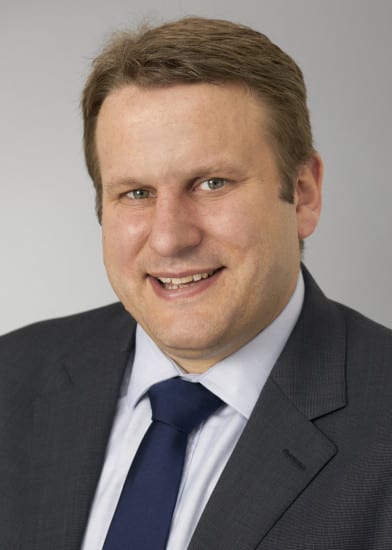It was suggested last week by think-tank ResPublica that bankers should swear an oath to raise accountability and standards in the industry. The call for stronger ethics in banking comes after a series of scandals such as the mis-selling of payment protection insurance, Libor rate rigging, and the mis-selling of interest swaps to small businesses. ResPublica claimed that rather than solely focusing on rules or macro-economic issues, regulators need to consider the personal conduct of bankers.
Of course such an oath does have some merit. As The Independent’s Julian Knight commented, it could work in the marketing departments, boards and trading floors of the banks. After all, it is in these jobs that decisions are made where it is easier to tell right from wrong. These are the locations where some have rigged Libor, let their employers make overly risky investments, designed products that confuse and mislead, and then browbeaten the counter staff and call-centres into selling them on.
However, despite showing some merit, the oath does miss the point slightly. Simply signing a document or declaring an oath would not stop the majority of fraud or regulatory cases that we have seen over the last 10 years from occurring. From our experience working on these types of large scale cases, in the heat of the moment people do not tend to think about the things they said or did, especially when the pressure is on. In fact, people who might commit an offense by violating their oath might not necessarily believe they are doing anything wrong in the first instance. Therefore, they would probably not consider that they are breaking an oath at all.
Ultimately prevention is always better than a cure. Regular, robust and intelligent analysis of company data – such as chat messages and emails– can provide better early warning signs of these issues far more than any oath can.
By Phil Beckett, Managing Director at Proven Legal Technologies
 Phil Beckett is a Managing Director at Proven Legal Technologies and joined the team after spending seven years leading Navigant Consulting Inc’s European Forensic Technology practice.
Phil Beckett is a Managing Director at Proven Legal Technologies and joined the team after spending seven years leading Navigant Consulting Inc’s European Forensic Technology practice.
Throughout his career Phil has provided advice to lawyers, regulators, corporate entities, not-for-profit organisations and other stakeholders in relation to forensic investigations and e-disclosure projects in both the public and private sectors in the UK and also internationally. He specialises in advising clients concerning the preservation and investigation of digital evidence, the interrogation of complex data sets and the disclosure of electronic documents. He is also a qualified fraud examiner and has been a recognised court expert in relation to various aspects of digital evidence, producing numerous expert reports.
The opinions expressed in this post belongs to the individual contributors and do not necessarily reflect the views of Information Security Buzz.



